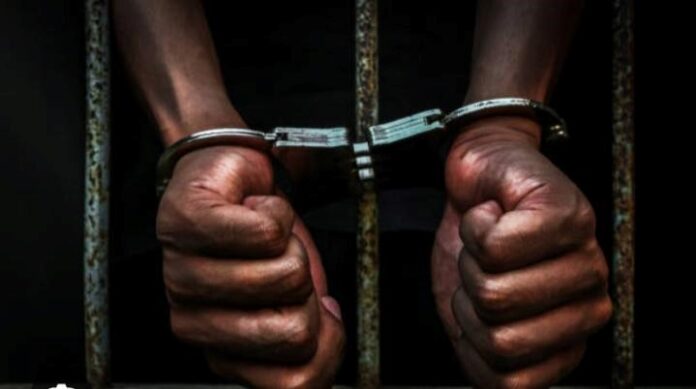By The Prowess
The digital space in Sierra Leone, once seen as a platform for civic engagement and media innovation, is fast becoming a battleground for press freedom. Journalists and online commentators now face an alarming surge in digital threats, from state-backed surveillance and harassment to targeted gender-based abuse, raising fears over the erosion of free expression in the country.
The introduction of the Cybersecurity and Crime Act (2021) and the Counter-Terrorism Act (2024) has ushered in a legal framework critics describe as “dangerously vague.” These laws, ostensibly designed to protect against cybercrime and terrorism, include clauses criminalizing “insulting or false messages” online, offenses that could lead to life imprisonment.
Media freedom advocates argue that these laws are being used to muzzle dissent. “Journalists are increasingly self-censoring because they know the slightest post online could be interpreted as criminal,” said a media rights lawyer who asked to remain anonymous.
Earlier this year, Canadian–Sierra Leonean influencer Hawa Hunt was arrested during a live social media broadcast and charged under the Cybersecurity Act. Her online criticism of President Julius Maada Bio and the First Lady allegedly led to her arrest, which rights groups say involved physical abuse and forced apologies.
Another prominent case is that of investigative journalist Chernoh Alpha M. Bah, who sought refuge in the United States following sustained digital and physical threats. Bah’s reports on corruption and public accountability made him a prime target of cyber-attacks, with coordinated campaigns against him by both anonymous accounts and political figures.
Journalists such as Thomas Josephus Dixon and Alie Badara have also come under digital fire for their outspoken posts on governance and public service delivery. Dixon, known for his satirical takes on politics, reportedly received threatening messages from senior officials, including the Inspector General of Police. These threats have forced some media personnel into hiding.
The Sierra Leone Association of Journalists (SLAJ) has condemned the harassment but says government responses remain “disappointingly weak.”
The digital threat landscape is especially perilous for female journalists. A 2022 survey by the Sierra Leone Association of Women in Journalism (SLAWIJ) found that 64% of female media workers had experienced online harassment. These include cyberstalking, sexual threats, and orchestrated smear campaigns.
“Many women are scared to speak up,” said a female journalist who faced months of targeted online abuse after covering a controversial court case. “There’s no safe space, offline or online.”
Despite the scale of these digital threats, few perpetrators have been brought to justice. Law enforcement agencies have been accused of ignoring complaints or lacking the technical capacity to investigate them properly. “Impunity is the biggest driver of digital abuse,” said a representative from the Media Foundation for West Africa.
In response, the Media Reform Coordinating Group, and international partners are stepping in by training Journalist son how to stay safe online and offline. UNDP and BBC Media Action have launched the iVerify project, training journalists in digital safety, fact-checking, and online verification. However, access to such training remains limited outside major cities like Freetown and Bo.
Calls have also grown louder for the establishment of a National Fund for Public Interest Media to reduce financial dependence on politically affiliated entities and support independent journalism.
Experts agree that legal reforms are critical. Amendments to existing cyber laws are urgently needed to align them with international standards on freedom of expression. Simultaneously, gender-sensitive protocols and technical support for law enforcement are essential to protect vulnerable media practitioners.
“If nothing changes, the digital space will become a tool of oppression rather than liberation,” warned a regional press freedom observer.
As Sierra Leone navigates its democratic journey, protecting journalists in both physical and digital spaces must become a national priority.


